Description
ABSTRACT
To Deal or not to Deal: Practical Issues in Negotiation of Music Recording Contracts in Nigeria
Simeon Oyakhilome Okoduwa* and Onye Rumuna**
By sheer volume of artistes, releases and airplay across the African continent, the Nigerian music industry easily dominates by a considerable margin. That being said, this dominance has not necessarily resulted in having the best legal framework for protecting the interests of both recording artistes and record labels. Concerns have been raised about the apparent lack of protection that several budding artistes experience. Typically, a young and inexperienced artiste, buoyed by the promise of fame and riches, pays little attention to the finer details of a recording contract before execution, which terms could then prove unfavourable in the long term owing to the restrictive nature of the contract. This paper seeks to provide clarity on the more significant protective terms that recording contracts should contain and what remedies may be available to unsuspecting victims of onerous contracts. The paper interrogates both legal and equitable remedies and proposes a model for how a burgeoning recording artiste should best manage a career in the Nigerian music industry.
Keywords: Music industry, Recording artiste, Record labels, Recording contract
INTRODUCTION
The creative sector in Nigeria contributed approximately 239 billion (i.e. 2.3%) of its Gross Domestic Product (GDP) in 2016.1 The Federal Government of Nigeria (FRN) has forecasted that through the instrument of its Economic Recovery and Growth Plan (ERGP), the creative industry would contribute approximately $1billion to Nigeria’s GDP by 2020.2 Given this huge potential, the significance of ensuring that creative minds are enabled to thrive in an environment that stimulates their creative juices for the long term benefit of society cannot be over emphasised. The challenges that beset the creative sector in Nigeria are numerous, some of which include piracy, lack of government support, weak regulatory environment, dearth of funding and ignorance, just to mention a few. While the organised private sector and government may have initiated a number of interventions to help sanitise the industry, there is still a lot of work to be done.
* LLB, BL, LLM. Legal Practitioner with Alliance Law Firm, Lagos, Nigeria.
** LLB, BL. Legal Practitioner with Alliance Law Firm, Lagos, Nigeria.
- Nigeria’s future lies in non-oil sector, says Osinbajo accessed 11 February 2019.
- ibid

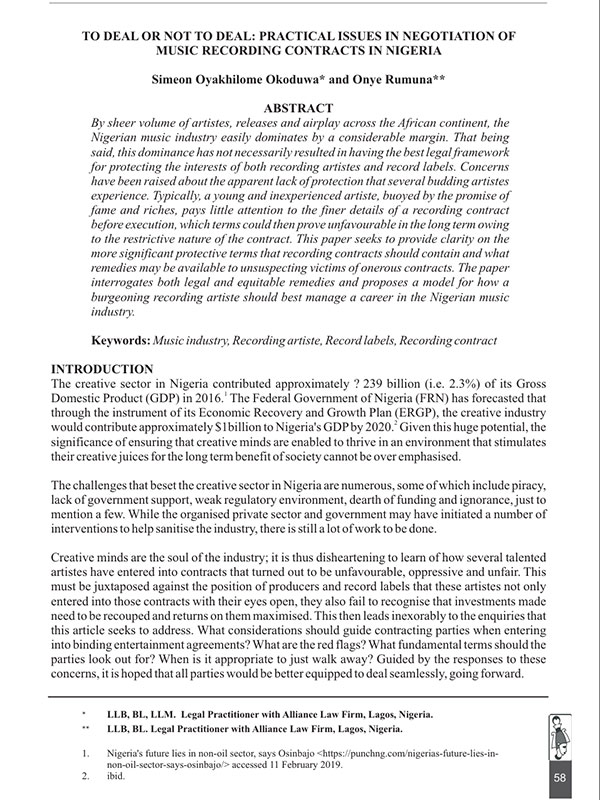
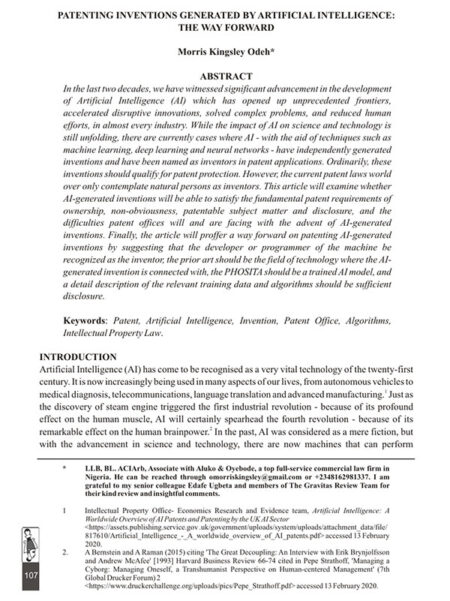
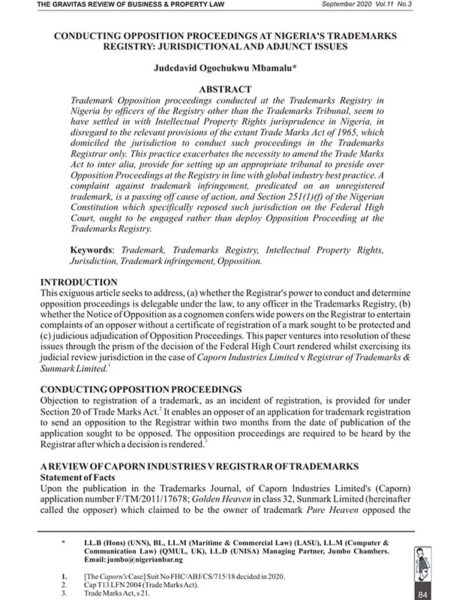
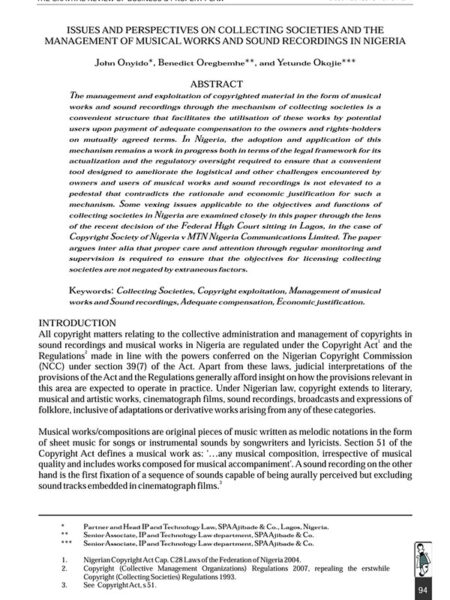
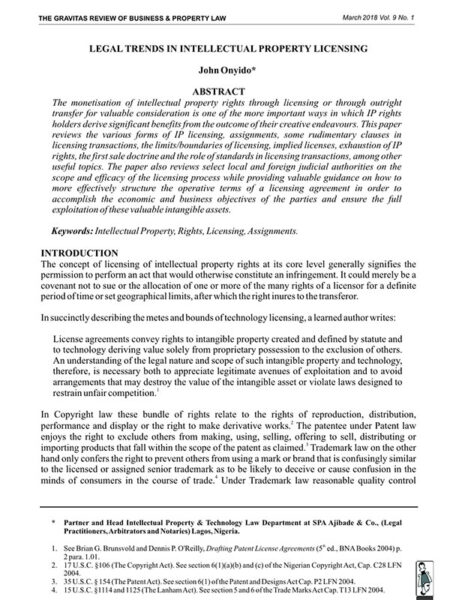


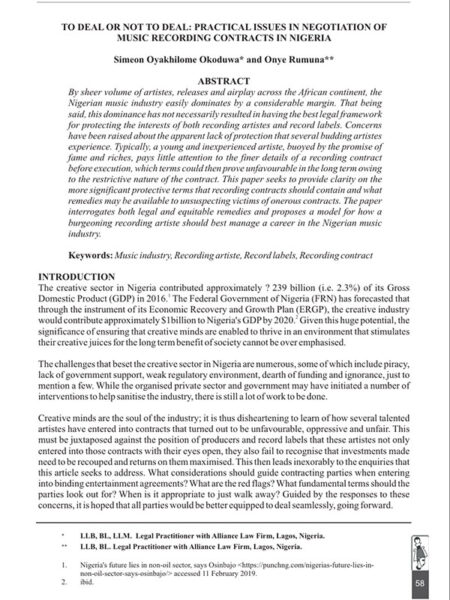
Reviews
There are no reviews yet.